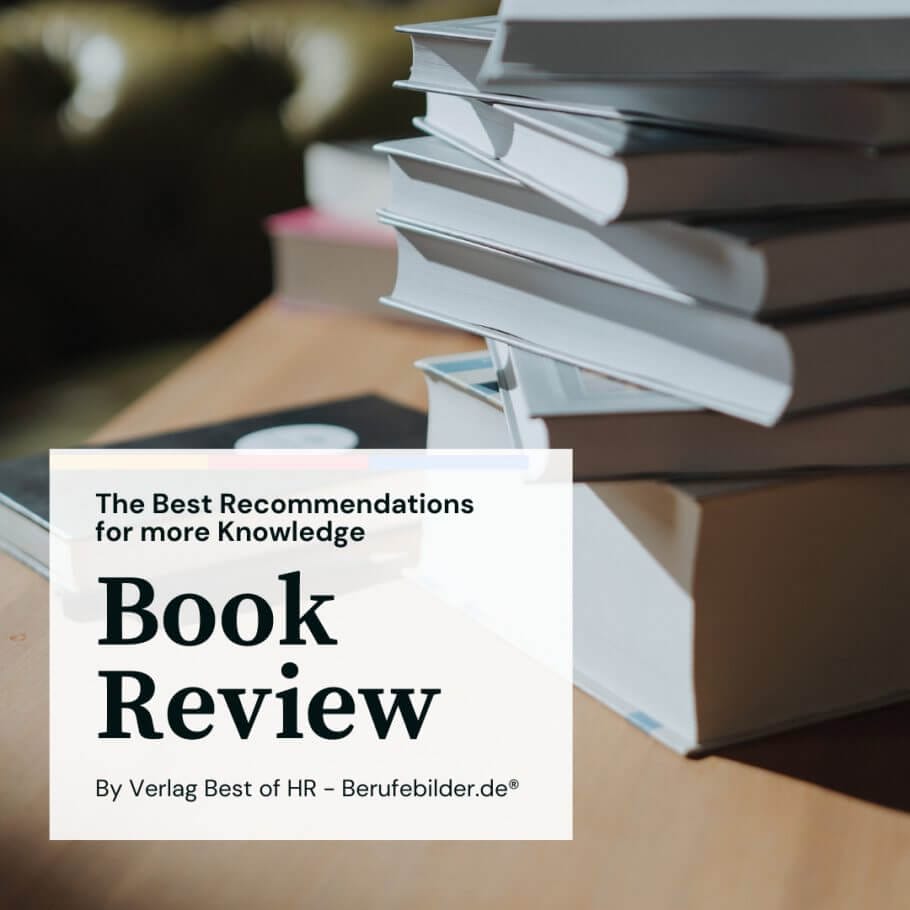For their successful, good life Information you really need: Government-funded publisher, awarded the Global Business Award as Publisher of the Year: Books, Shops, data-driven AI-Services. Print and online publications as well as the latest technology go hand in hand - with over 20 years of experience, partners like this Federal Ministry of Education, customers like Samsung, DELL, Telekom or universities. behind it Simone Janson, referenced in ARD, FAZ, ZEIT, WELT, Wikipedia.
Disclosure & Copyrights:
{Replica} Are Germany's offices becoming more citizen-friendly thanks to social media: study on bureaucracy 2.0
By Simone Janson (More) • Last updated on October 04.03.2011, XNUMX • First published on 04.03.2011/XNUMX/XNUMX • So far 8497 readers, 1138 social media shares Likes & Reviews (5 / 5) • Read & write comments
Thanks to Julia Witt, I came across this interesting study on Twitter today. The University Potsdam wanted to know how Web 2.0 applications and technologies for the Communication be used between authorities and citizens. The good news is: the possibilities of social media are well known. There are, however, reservations.

A replica on ZEIT ONLINe
This study fits perfectly with the topic I was in earlier this week Quote on one Article consider ZEIT ONLINE It was about the founding hostility in Germany. Because foundations often fail in Germany at the bureaucracy and the administrative staff.
In the period from October to November 2009, 227 administrations in Berlin and Brandenburg were surveyed. The University of Potsdam first determined how well known Web 2.0 actually is - and found out: 81% stated that "Web 2.0" means something to them. Only 19% could with the Term start nothing. Now that's no big surprise: have heard the term for sure most of them have.
The majority rely on Web 2.0
What is much more exciting is that contrary to the assumption that Web 2.0 applications are still being completely neglected in administrations, the majority are already using them. About 63% of administrations are already using at least one Web 2.0 application. Another 11% to plan use today. Only a quarter of the administrations also see in the Future no use of Web 2.0 applications.
It is remarkable that the whole bandwidth of Web 2.0 applications is used. The only exception here is social bookmarking, which none of the authorities surveyed use. In contrast, shareholding portals, tagging, and recommendation and rating processes lead the list of the most popular applications. Nobody wants to have bad experiences Positive at least 28% expressed their opinion.

Why do offices use Web 2.0?
Improve service quality - the respondents see the greatest opportunity for the use of Web 2.0. Benefits also arise for the respondents in knowledge management, the cultivation of the image and in cooperation with the citizens.
This is followed by process optimization and the creation of transparency as added value. On the other hand, the participants only see little chance of flat hierarchies and cost savings. Only 20% expect Costs to be able to save. Saving time and closer cooperation within administration are also given little or no chance, with 29% and 28% respectively.
Obstacles
However, it was also examined where the obstacles for the use of Web 2.0 can lie: These include the lack of budget, the high effort and the lack of acceptance and the lack of know-how of the Employees.
For me, this is also the crux of the result of this study, which really surprised me: of course I wonder who exactly was questioned. The head of administration or the press office will of course have said "Of course we think Web 2.0 is great!"
If you ask the people at the base, who are now dealing with the new Technology should make friends in everyday business or who customers, whether they are really a clever one Feedback get via Web 2.0, then the results should look different in my opinion.

Criticism
In any case, I don't really like them that much Internet-affinity of the German bureaucracy when I look at how clumsy the sensible use of Web 2.0 is, even in the private Economy advances. Or when I think that the lady from the Berlin churchtax-First had to ask if she had a eMailAddress.
Here writes for you
 Simone Janson is publisher, Consultant and one of the 10 most important German bloggers Blogger Relevance Index. She is also head of the Institute's job pictures Yourweb, with which she donates money for sustainable projects. According to ZEIT owns her trademarked blog Best of HR – Berufebilder.de® to the most important blogs for careers, professions and the world of work. More about her im Career. All texts by Simone Janson.
Simone Janson is publisher, Consultant and one of the 10 most important German bloggers Blogger Relevance Index. She is also head of the Institute's job pictures Yourweb, with which she donates money for sustainable projects. According to ZEIT owns her trademarked blog Best of HR – Berufebilder.de® to the most important blogs for careers, professions and the world of work. More about her im Career. All texts by Simone Janson.
2 Responses to "{replica} Are Germany's offices becoming more citizen-friendly thanks to social media: study on bureaucracy 2.0"
-
[...] Study shows that administrations still use social media applications [...]
-
RT @SimoneJanson: Do social media help Germany's citizens become more citizen-friendly?









Post a Comment